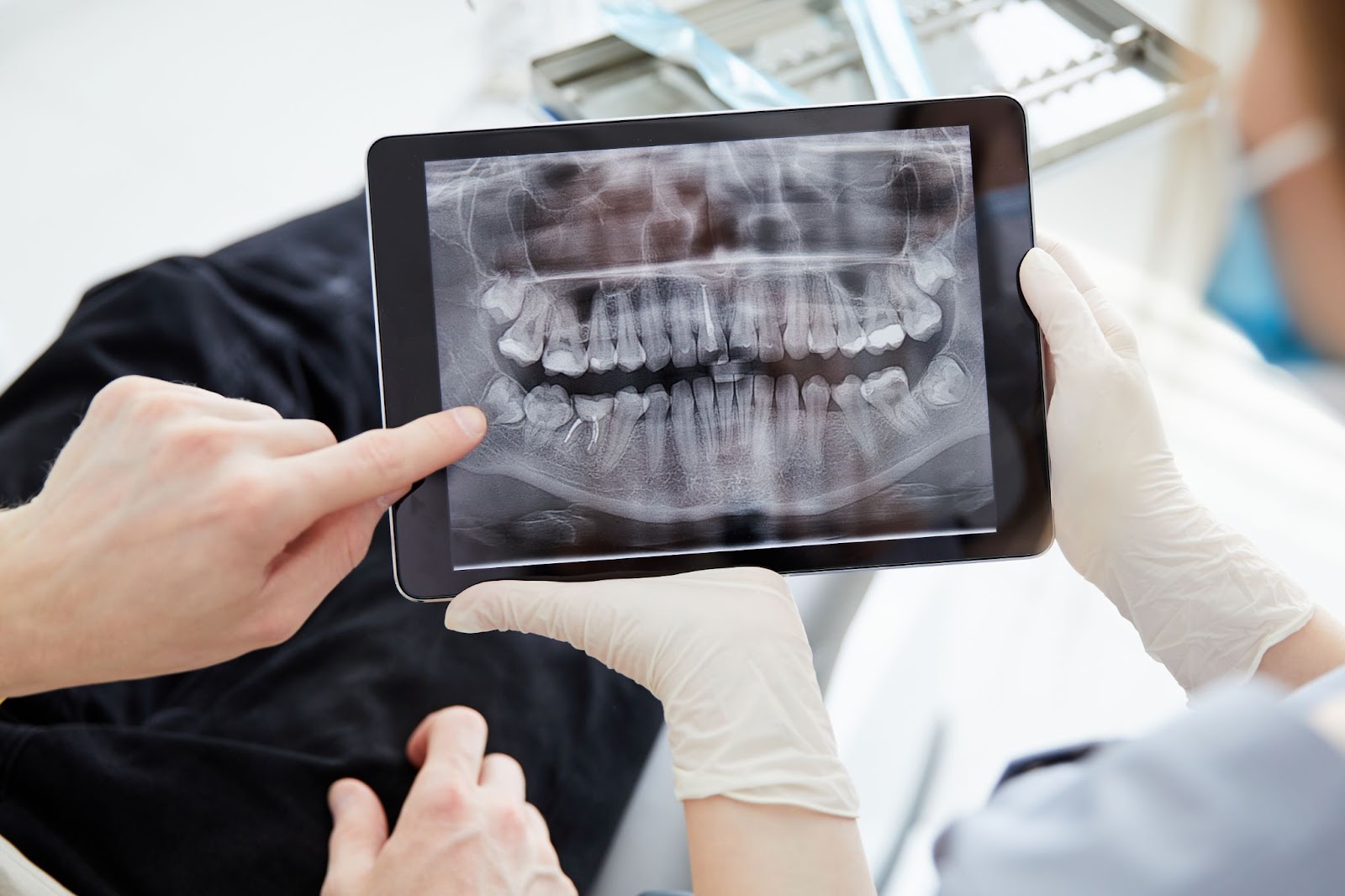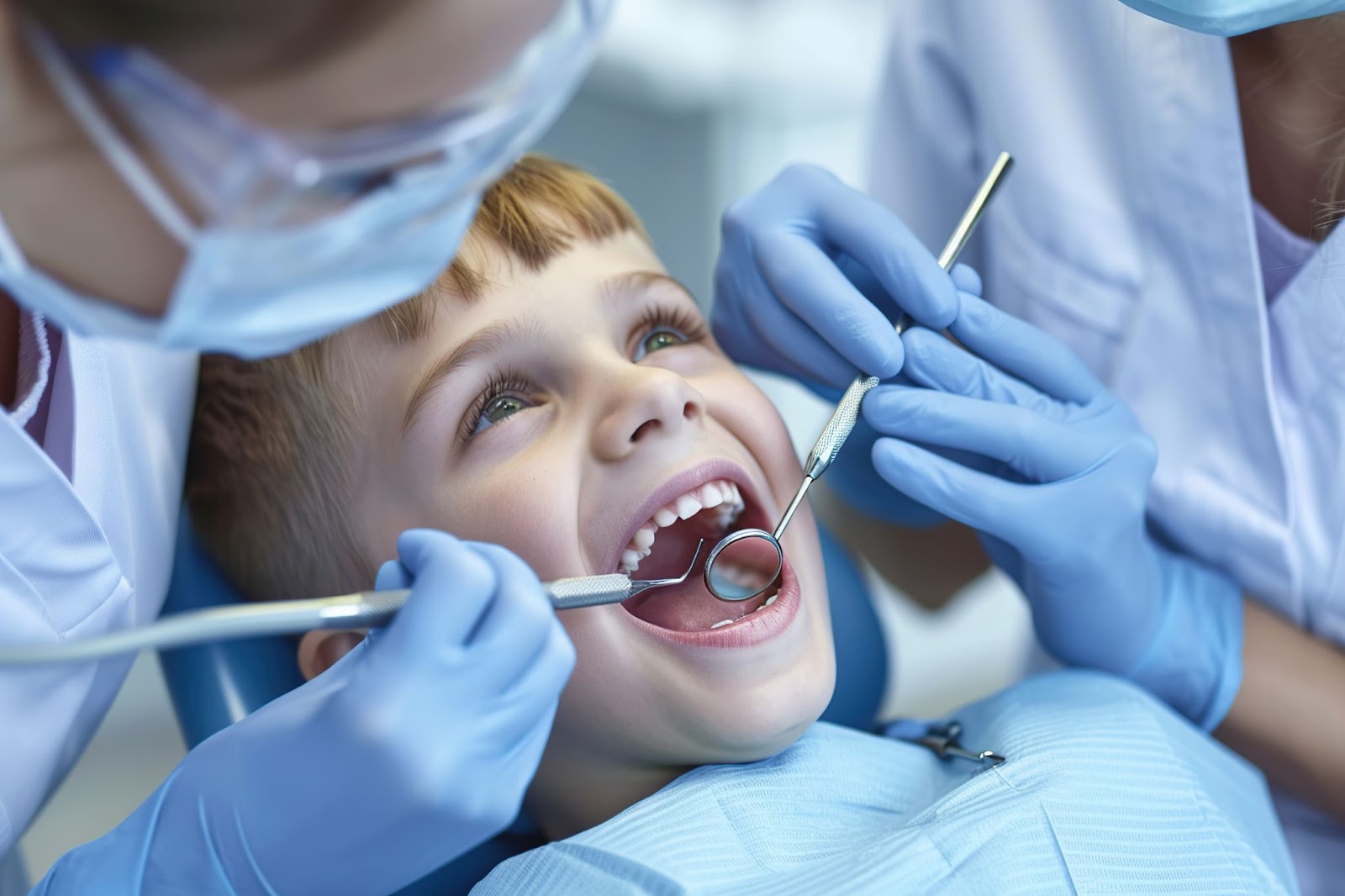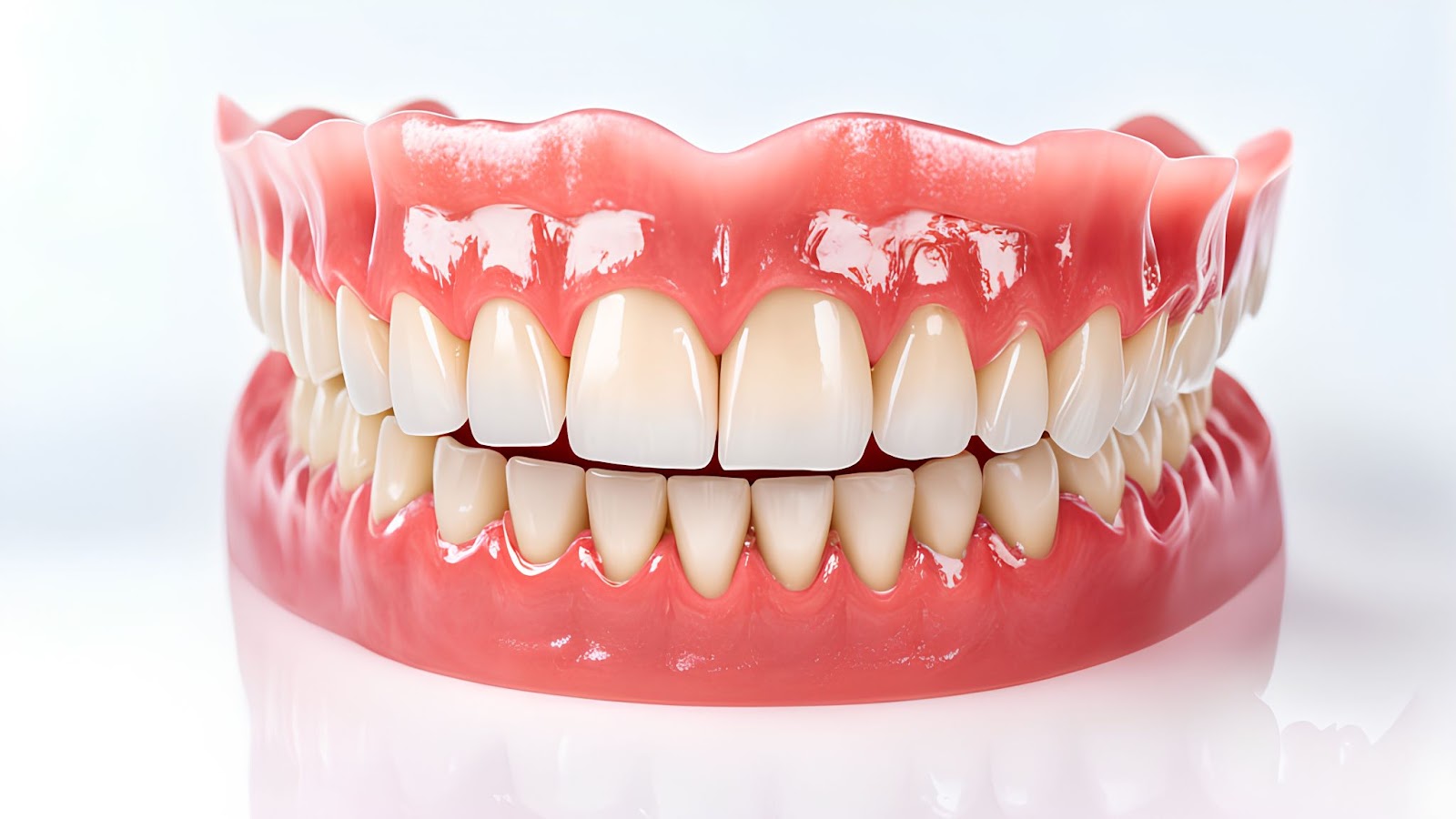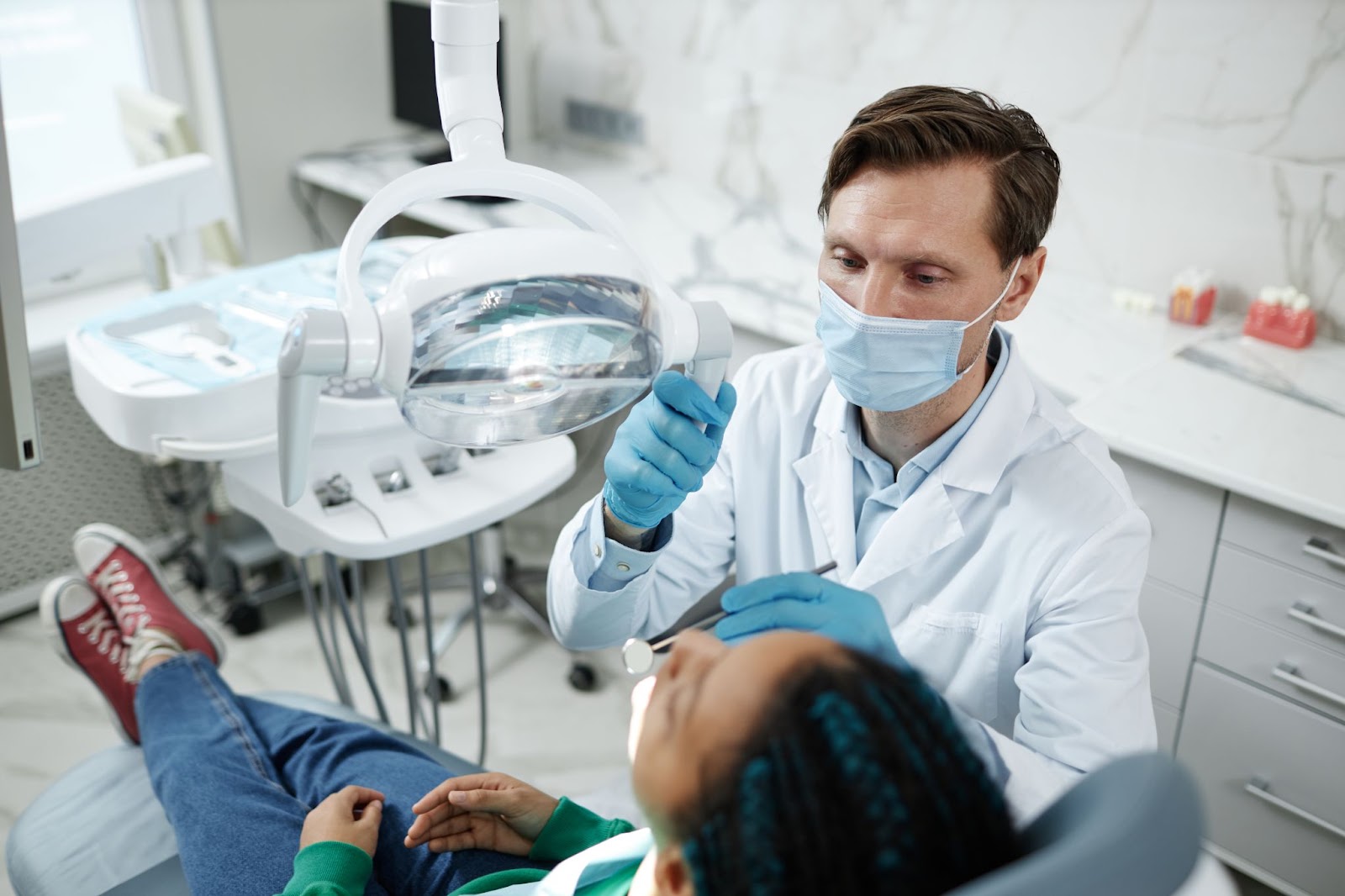Going for a routine dental checkup is essential for keeping your teeth and gums healthy. Regular visits prevent cavities and gum disease while catching issues early before they become serious.
Knowing what to expect during these visits can make the experience smoother and more comfortable. Whether it’s your first visit or your hundredth, understanding the process gives you confidence and peace of mind. Here’s everything you need to know about what happens during a checkup.
Initial examination
The first part of your dental checkup begins with an initial examination. When you sit in the dentist’s chair, your dentist or hygienist starts by reviewing your dental history. If it’s your first visit, they’ll ask you questions about your oral health, lifestyle habits, and any concerns you may have.
Whether you’re a new patient or a returning one, the dentist will also take note of any updates to your health, such as new medications or any symptoms you’ve experienced recently.
Once the health review is complete, your dentist examines your teeth, gums, and mouth. They’ll use a small mirror and a dental probe to check for cavities, plaque buildup, gum inflammation, and any signs of oral cancer.
You’ll hear them call out numbers as they check each tooth — this helps them keep track of any potential issues or things to monitor.
Professional cleaning
One of the most important parts of a dental checkup is the professional cleaning. No matter how good you are at brushing and flossing, plaque and tartar tend to build up in hard-to-reach areas. Your dentist or dental hygienist will clean your teeth thoroughly during your visit.
The cleaning process starts with scaling and removing tartar and plaque from your teeth. They’ll use a scaler, which is a tool designed to scrape off the hardened buildup that regular brushing can’t remove. The hygienist works along your gum line and between your teeth, ensuring your teeth are free of any debris.
The dentist polishes your teeth after completing the scaling. They use a high-powered electric toothbrush and a gritty toothpaste to polish the surface of your teeth. This part of the cleaning helps smooth the enamel and removes any remaining surface stains. Afterward, they floss your teeth to make sure there’s nothing left between them.
X-rays
In many routine checkups, dentists take X-rays of your teeth. X-rays give the dentist a clearer picture of what’s happening beneath the surface of your gums and inside your teeth. While the examination and cleaning focus on what’s visible, X-rays provide insights into hidden issues like impacted teeth, deep cavities, or bone loss.
Your dentist typically recommends X-rays once a year, though your dental history and current oral health might not require them at every visit. The process is quick and painless.
You’ll bite down on a small piece of plastic while the X-ray machine captures images of your teeth from different angles. Your dentist reviews the X-rays with you, pointing out any areas of concern.

Fluoride treatment
Many routine dental checkups include fluoride treatment. Fluoride is essential for strengthening your tooth enamel and preventing cavities. During your visit, your dentist applies a concentrated fluoride gel or foam to your teeth.
The dentist asks you to hold the fluoride in your mouth for a minute or two before rinsing. This simple process provides an extra layer of protection against tooth decay and is particularly beneficial for children and people with a history of cavities.
Gum health evaluation
A significant part of a dental checkup involves evaluating your gum health. Healthy gums are crucial for overall oral health, and your dentist checks for any signs of gum disease during your visit. They measure the depth of the pockets around your teeth using a periodontal probe.
Healthy gums have shallow pockets, while deeper pockets can indicate gum disease. Your dentist or hygienist will let you know if your gums are inflamed or showing signs of gingivitis or periodontitis.
If gum disease is present, your dentist will discuss treatment options with you. Early gum disease, known as gingivitis, is often reversible with improved oral hygiene and professional cleanings. However, more advanced gum disease, or periodontitis, may require deeper cleaning or other treatments.
Oral cancer screening
An oral cancer screening is another essential part of a routine checkup. Early detection of oral cancer significantly increases the chances of successful treatment, so your dentist will thoroughly examine your mouth, tongue, and throat for abnormal signs. They’ll check for unusual lumps, red or white patches, or sores that haven’t healed.
Even though it may seem routine, this screening can save lives by catching potential problems early.
Discussing dental expectations and concerns
At the end of the checkup, your dentist will sit down with you to discuss your dental expectations and any concerns you may have. Whether you’re dealing with sensitive teeth, wondering about orthodontic options, or interested in cosmetic procedures, this is the time to ask questions.
Your dentist may offer personalized advice on improving your dental health or recommend specific treatments based on their observations during the checkup.
Don’t hesitate to mention any discomfort you’ve experienced, such as jaw pain or teeth grinding.
Your dentist will explain any issues they found and lay out a plan for addressing them. They may also offer tips for maintaining a healthy smile, such as brushing techniques, flossing habits, or dietary advice.
Personalized treatment plans
Sometimes, dental checkups reveal more than minor concerns. If your dentist finds any significant issues, they’ll create a personalized treatment plan. Whether it’s addressing cavities, scheduling a root canal, or planning orthodontic treatment, they’ll ensure you understand each step of the process.
For example, if you’re interested in straightening your teeth, your dentist may discuss the options, whether it’s traditional braces or more discreet options like Invisalign. Understanding the path forward helps you make informed decisions about your dental care and future treatments.
Dental expectations moving forward
A big part of maintaining dental health involves setting proper expectations for your future care. Your dentist will let you know how often you should come in for checkups and cleanings, which is typically every six months.
If you’re prone to dental issues like cavities or gum disease, they may recommend more frequent visits to stay on top of your oral health.
Your dentist will also advise you on specific habits or lifestyle changes that could improve your dental health moving forward.
For instance, if you consume a lot of sugary drinks, they may encourage you to cut back to avoid tooth decay. They may also recommend certain dental products that align with your dental needs, such as mouthwash, toothpaste, or electric toothbrushes.
Addressing dental fears
It’s common to feel anxious about visiting the dentist, but routine checkups don’t need to be stressful. If you have dental fears, talk to your dentist about them. They’ll work with you to make your experience as comfortable as possible, whether through sedation options or explaining procedures in detail.
Many people avoid the dentist out of fear, but routine visits are key to preventing bigger problems down the road. Open communication with your dentist helps build trust, making the experience much easier over time.

Post-checkup care
After your checkup, maintaining a good dental care routine at home is crucial. Your dentist will likely give you recommendations to improve your daily habits. This includes brushing twice a day, flossing regularly, and avoiding foods or drinks that may harm your teeth.
Following these guidelines keeps your smile healthy between visits and prevents any new issues from forming.
If your dentist provided you with a fluoride treatment, they may ask you to avoid eating or drinking for a short time after your appointment. This allows the fluoride to fully absorb into your enamel, providing maximum protection.
Why routine dental checkups matter
Routine checkups are the foundation of good oral health. Skipping them can lead to bigger problems like cavities, gum disease, and even tooth loss. Regular visits allow your dentist to catch potential problems early and address them before they worsen.
It’s easy to put off dental visits, especially if you’re not experiencing pain or discomfort.
However, many dental issues, such as gum disease or cavities, don’t cause noticeable symptoms in their early stages. By the time you feel pain, the problem may already be advanced. Routine checkups prevent these issues from developing into serious conditions.
Final thoughts
A routine dental checkup is more than a cleaning; it’s a comprehensive look at your oral health. Checkups are essential for maintaining a healthy smile, from initial examinations and professional cleanings to X-rays and personalized advice.
By staying proactive with your dental care, you’re setting yourself up for a lifetime of good oral health. So don’t wait for a problem to arise — make sure you schedule regular checkups and keep your smile in great shape!
Get the beautiful, straight smile you’ve always wanted with expert orthodontic care at American Family Dentistry!
As a leading dental practice, we provide the most advanced laser and cosmetic dentistry options, ensuring top-notch care every step of the way. Whether you’re looking for Invisalign or traditional braces, our tailored treatments are designed to meet your individual needs.
Contact American Family Dentistry today to experience exceptional dental care from our committed team.
Blog
 ... continue reading
... continue reading






